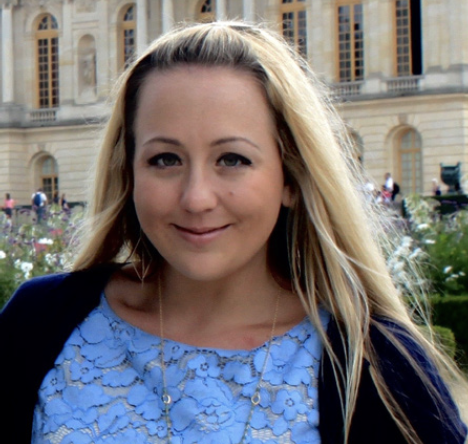Quantitative Civic Literacy
by Mary Raygoza
Mathematizing the World
In the mathematics content breakout session of a teacher education course I teach at Saint Mary’s College of California, Humanizing Education Methods, we devote a segment of each class to learning about how mathematics teachers and students “mathematize the world.” We draw on texts such as Rethinking Mathematics (Gutstein & Peterson, 2013) and Math that Matters 2 (Stocker, 2017), blogs such as Frances Harper’s Solving World Problems (2018), and websites such as as RadicalMath. As a mathematics education professor and researcher and former urban high school mathematics teacher, I engage in this work as part of a larger aim to prepare future mathematics teachers to teach for a more socially just world.
One evening, in a lively discussion on how students may learn about the difference between mean and median as they explore data on U.S. family income and wealth over time, one of my teacher education students wondered aloud: How can we not only study societal inequality in math class but also support students to do something about it?
Civics education is often positioned as the social science teacher’s job.1 However, if we view mathematics as a discipline that is essential to understanding, revealing, and informing action on pressing issues of societal inequality, then it is also the job of the math teacher. As we do the work of reimagining mathematics classrooms as interdisciplinary, problem-posing spaces that connect to students’ lives, communities, and the world, how can we help prepare young people to develop as civic actors, using their mathematical knowledge and skills to build their quantitative civic literacy?
About the Author
 Dr. Mary Candace Raygoza is an assistant professor of Education at St. Mary’s College of California. She teaches pre-service teacher classes such as Teaching for Social Justice, Humanizing Education Methods, and Praxis Seminar. Recently selected as a STaR Fellow with the Association of Mathematics Teacher Educators, Dr. Raygoza’s scholarship explores mathematics learning, teaching, and teacher education; equity and social justice in mathematics education; critical mathematics pedagogy; and transformative school change. She is a former Los Angeles Unified high school mathematics teacher, where she strived to teach critical mathematics curriculum and integrate Youth Participatory Action Research in Algebra.
Dr. Mary Candace Raygoza is an assistant professor of Education at St. Mary’s College of California. She teaches pre-service teacher classes such as Teaching for Social Justice, Humanizing Education Methods, and Praxis Seminar. Recently selected as a STaR Fellow with the Association of Mathematics Teacher Educators, Dr. Raygoza’s scholarship explores mathematics learning, teaching, and teacher education; equity and social justice in mathematics education; critical mathematics pedagogy; and transformative school change. She is a former Los Angeles Unified high school mathematics teacher, where she strived to teach critical mathematics curriculum and integrate Youth Participatory Action Research in Algebra.